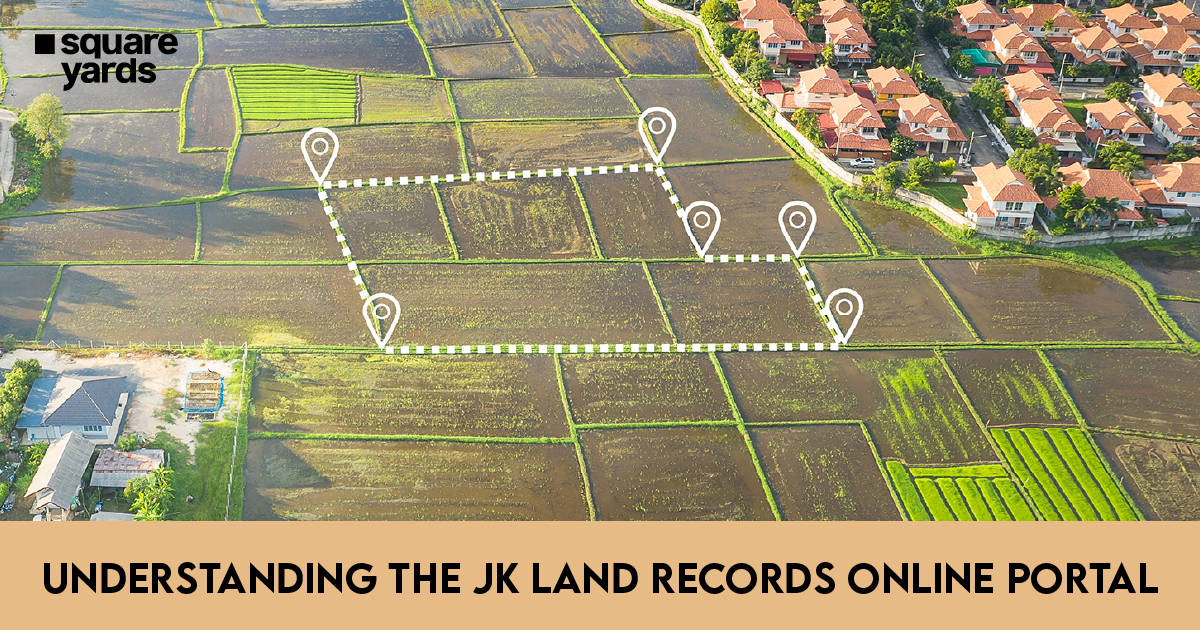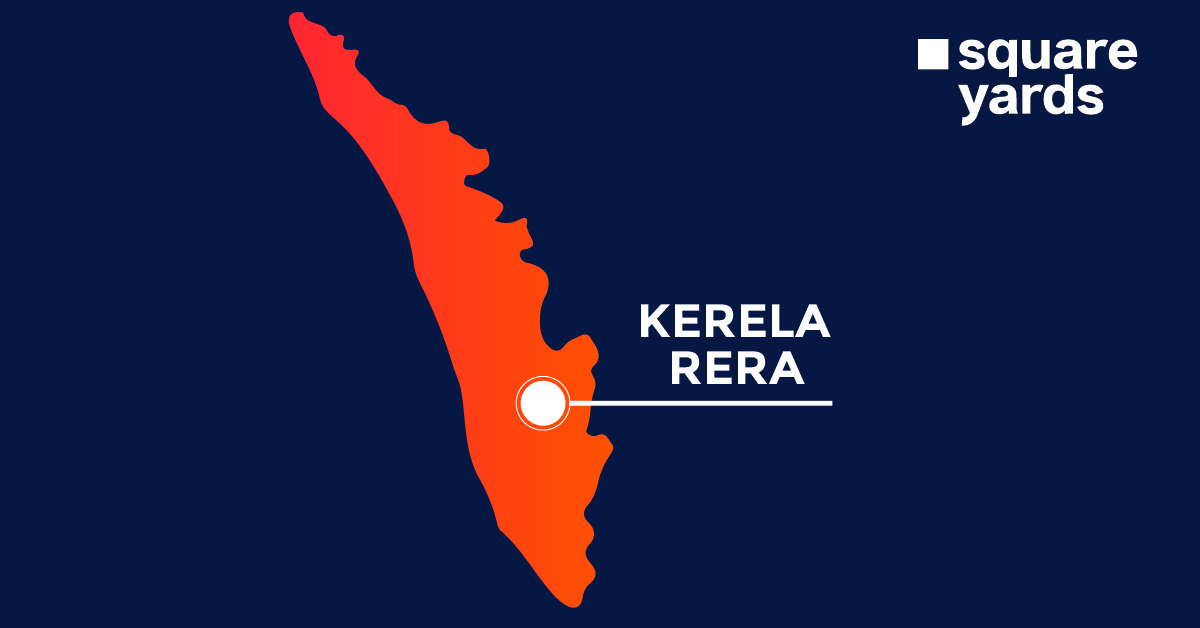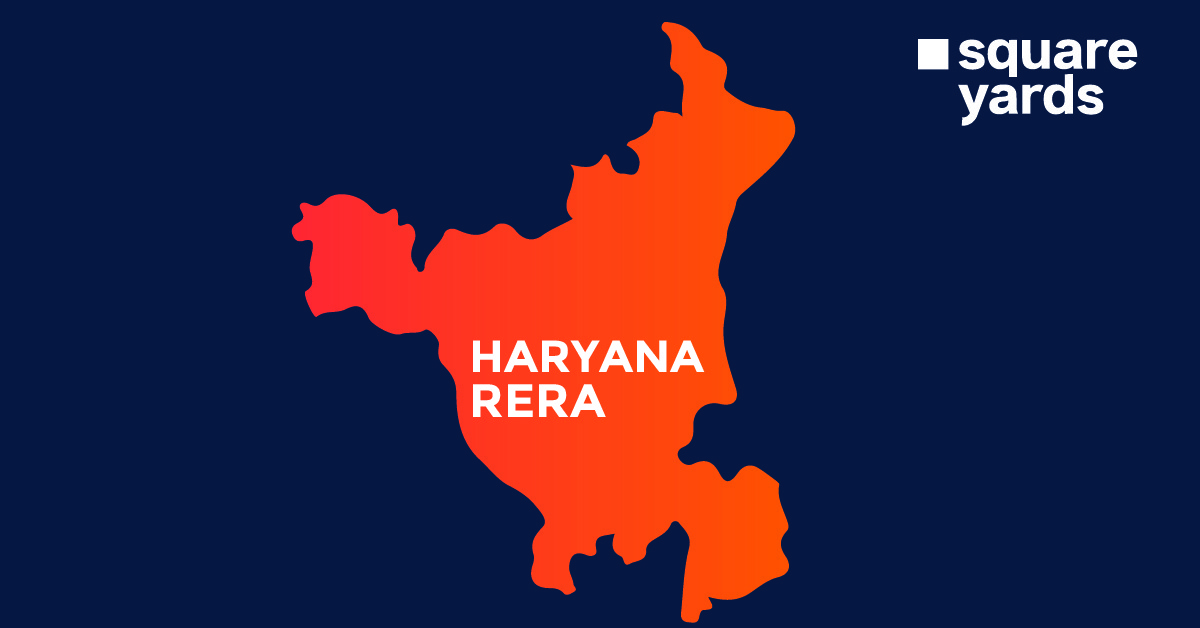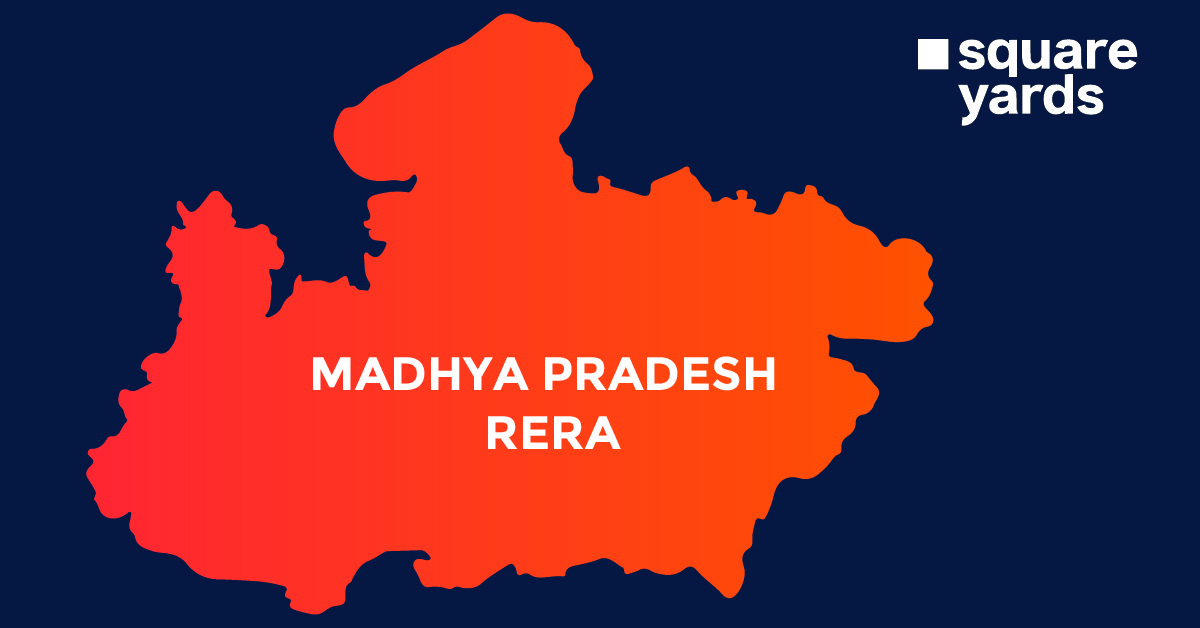Different units of measurement, like grams, kilograms, pounds, ounces, etc., regularly come into play in our lives. Whether you go out shopping for fruits or buy staples such as rice and grains, there’s no way you can escape these mathematical units. For those of us who are not too familiar with the nitty-gritty of these concepts, calculating or converting one into another can be a nuisance. Especially when it comes to situations that require quick and accurate answers.
In this blog, we have compiled all that you need to understand the concept of grams and pounds and how to convert one into another with the help of a simple formula.
Table of contents
Gram: An Overview
We use the term “gram” almost every day in our daily lives. But let’s dive deeper to understand what it actually stands for.
In mathematical connotations, a gram is a unit of measurement for mass or weight that’s commonly used in the metric system. The most prevalent abbreviation for grams is “g.” To express in digits, one gram is equal to 1/1000th of a kilogram. So, it’s a relatively small amount of weight that can be easily measured using a digital scale or a measuring spoon.
Use of Grams
Grams are widely used today as a unit of measurement for mass or weight. They are largely used in a variety of settings, including science, medicine, nutrition, and cooking. In science and engineering, grams are used to measure the weight of materials and substances, such as chemicals or metals. Similarly, in medicine, grams are used to measure the weight of drugs, tablets, and capsules. Overall, the use of grams provides a standardised and precise way of measuring weight that is widely recognised and accepted.
Origin of Grams
Although we are not new to the term “gram,” you will be surprised to learn how old its origin is. Initially, it was introduced in 1795 as a part of the metric system in France. Since then, the term “gram” has become a widely used unit of measurement for small masses in everyday life.
Pound: An Overview
Just like a gram, a pound is also a unit of measurement of weight. But unlike the former, the latter forms a part of the imperial measurement system, meaning its usage is prevalent mainly in the United Kingdom and other Commonwealth countries such as Canada, South Africa, and Australia. It is abbreviated as “lb” and is equivalent to 16 ounces or 0.45359237 kilograms in the metric system.
Use of Pounds
Pounds are commonly used today as a unit of weight or mass, particularly in countries that use the imperial system of measurement, such as the United Kingdom. This unit of measurement is used to measure the weight of various objects, including people, animals, and goods.
History of Pounds
As a unit of weight, the pound has a long history dating back to ancient civilisations. Originally, the word “pound” comes from the Latin word “libra,” which was a unit of weight used in the Roman Empire. That’s not all; in medieval Europe, the pound was standardised as a weight equal to 16 ounces, and it was significantly used as a unit of commerce and trade. Gradually, this system of measurement was adopted by the British and made prevalent across all its colonies.
Correlation Between Grams and Pounds
Grams and pounds are both units of measurement weight, but they belong to different systems of measurement. Grams are part of the metric system, while pounds are part of the imperial system. Thus, pounds to grams conversion is also different.
1 pound = 453.59237 grams or approximately 454 grams. This means that a pound is heavier than a gram and that there are more grams in a pound.
Grams to Pounds Conversion
Now that we know about the relationship between grams and pounds, let’s understand how we can convert 1 gram to pounds.
With the following formula, you can easily do grams to lbs conversion:
pounds = grams / 453.59237
As one pound is equivalent to 453.59237 grams, using this formula will help you easily arrive at an accurate figure.
Formula & Examples on Grams to Pounds Conversion
You already know the formula to convert grams to pounds is as follows:
pounds = grams / 453.59237
For better clarity, here are a few examples of how to use this formula:
Example 1: Convert 75 grams to pounds:
75 / 453.59237= 0.1653 pounds
Therefore, 75 grams is equivalent to 0.1653 pounds.
Example 2: Convert 100 grams to pounds:
100 / 453.59237= 0.2205 pounds
Therefore, 100 grams is equivalent to 0.2205 pounds.
Example 3: Convert 250 grams to pounds:
250 / 453.59237= 0.5512 pounds
Therefore, 250 grams is equivalent to 0.5512 pounds.
Example 4: Convert 300 grams to pounds:
300 / 453.59237= 0.6614 pounds
Therefore, 300 grams is equivalent to 0.6614 pounds.
Example 5: Convert 500 grams to pounds:
500 / 453.59237= 1.1023 pounds
Therefore, 500 grams is equivalent to 1.1023 pounds.
Example 6: Convert 750 grams to pounds:
750 / 453.59237= 1.6535 pounds
Therefore, 750 grams is equivalent to 1.6535 pounds.
Example 7: Convert 1000 grams to pounds:
1000 / 453.59237= 2.2046 pounds
Therefore, 1000 grams is equivalent to 2.2046 pounds.
Example 8: Convert 1500 grams to pounds:
1500 / 453.59237= 3.3069 pounds
Therefore, 1500 grams is equivalent to 3.3069 pounds.
Example 9: Convert 5000 grams to pounds:
5000 / 453.59237= 11.0231 pounds
Therefore, 5000 grams is equivalent to 11.0231 pounds.
Example 10: Convert 20000 grams to pounds:
20000 / 453.59237= 44.0925 pounds
Therefore, 20000 grams is equivalent to 44.0925 pounds.
Difference Between Grams and Pounds
Other than belonging to different systems of measurement, there are a few more differences between grams and pounds, as detailed below.
| Grams [g] | Pounds [lbs] | |
| Unit of measurement | Metric | Imperial |
| Origin | Derived from the Latin word “gamma,” meaning “small weight” | Derived from the Roman unit of weight libra |
| Relative weight | Smaller | Larger |
| Conversion | 1 gram = 0.00220462 pounds | 1 pound = 453.592 grams |
| Common use | Measurement of ingredients, medicine, etc. | Measurement of body weight, fruits, vegetables, etc. |
Grams to Pounds Conversion Table
| Grams [g] | Pounds [lbs] |
| 1 g | 0.0022 lbs |
| 2 g | 0.0044 lbs |
| 3 g | 0.0066 lbs |
| 4 g | 0.0088 lbs |
| 5 g | 0.0110 lbs |
| 6 g | 0.0132 lbs |
| 7 g | 0.0154 lbs |
| 8 g | 0.0176 lbs |
| 9 g | 0.0198 lbs |
| 10 g | 0.0220 lbs |
| 11 g | 0.0242 lbs |
| 12 g | 0.0265 lbs |
| 13 g | 0.0287 lbs |
| 14 g | 0.0309 lbs |
| 15 g | 0.0331 lbs |
| 16 g | 0.0353 lbs |
| 17 g | 0.0375 lbs |
| 18 g | 0.0397 lbs |
| 19 g | 0.0419 lbs |
| 20 g | 0.0441 lbs |
| 21 g | 0.0463 lbs |
| 22 g | 0.0485 lbs |
| 23 g | 0.0507 lbs |
| 24 g | 0.0529 lbs |
| 25 g | 0.0551 lbs |
| 26 g | 0.0573 lbs |
| 27 g | 0.0595 lbs |
| 28 g | 0.0617 lbs |
| 29 g | 0.0639 lbs |
| 30 g | 0.0661 lbs |
| 31 g | 0.0683 lbs |
| 32 g | 0.0705 lbs |
| 33 g | 0.0728 lbs |
| 34 g | 0.0750 lbs |
| 35 g | 0.0772 lbs |
| 36 g | 0.0794 lbs |
| 37 g | 0.0816 lbs |
| 38 g | 0.0838 lbs |
| 39 g | 0.0860 lbs |
| 40 g | 0.0882 lbs |
| 41 g | 0.0904 lbs |
| 42 g | 0.0926 lbs |
| 43 g | 0.0948 lbs |
| 44 g | 0.0970 lbs |
| 45 g | 0.0992 lbs |
| 46 g | 0.1014 lbs |
| 47 g | 0.1036 lbs |
| 48 g | 0.1058 lbs |
| 49 g | 0.1080 lbs |
| 50 g | 0.1102 lbs |
| 51 g | 0.1124 lbs |
| 52 g | 0.1146 lbs |
| 53 g | 0.1168 lbs |
| 54 g | 0.1190 lbs |
| 55 g | 0.1213 lbs |
| 56 g | 0.1235 lbs |
| 57 g | 0.1257 lbs |
| 58 g | 0.1279 lbs |
| 59 g | 0.1301 lbs |
| 60 g | 0.1323 lbs |
| 61 g | 0.1345 lbs |
| 62 g | 0.1367 lbs |
| 63 g | 0.1389 lbs |
| 64 g | 0.1411 lbs |
| 65 g | 0.1433 lbs |
| 66 g | 0.1455 lbs |
| 67 g | 0.1477 lbs |
| 68 g | 0.1499 lbs |
| 69 g | 0.1521 lbs |
| 70 g | 0.1543 lbs |
| 71 g | 0.1565 lbs |
| 72 g | 0.1587 lbs |
| 73 g | 0.1609 lbs |
| 74 g | 0.1631 lbs |
| 75 g | 0.1653 lbs |
| 76 g | 0.1675 lbs |
| 77 g | 0.1698 lbs |
| 78 g | 0.1720 lbs |
| 79 g | 0.1742 lbs |
| 80 g | 0.1764 lbs |
| 81 g | 0.1786 lbs |
| 82 g | 0.1808 lbs |
| 83 g | 0.1830 lbs |
| 84 g | 0.1852 lbs |
| 85 g | 0.1874 lbs |
| 86 g | 0.1896 lbs |
| 87 g | 0.1918 lbs |
| 88 g | 0.1940 lbs |
| 89 g | 0.1962 lbs |
| 90 g | 0.1984 lbs |
| 91 g | 0.2006 lbs |
| 92 g | 0.2028 lbs |
| 93 g | 0.2050 lbs |
| 94 g | 0.2072 lbs |
| 95 g | 0.2094 lbs |
| 96 g | 0.2116 lbs |
| 97 g | 0.2139 lbs |
| 98 g | 0.2161 lbs |
| 99 g | 0.2183 lbs |
| 100 g | 0.2205 lbs |
To Sum Up
The grams to pounds conversion is a helpful mathematical formula to know. Most of the purchases in our daily lives rely on these numbers and units to know the exact weight of any given object. These are also convenient, especially while cooking and measuring the ingredients required. A grams-to-pounds calculator would be the perfect solution to such calculations.
You may also like:
FAQ’s about Grams to Pounds
Q1. How many grams means 1 pound?
1 pound is equal to 453.592 g.
Q2. What is 1 pound equal to in kilogram?
Approximately 1 pound is equal to 0.453592 kg.
Q3. Is 8 grams 1 pound?
No. 8 grams is equal to 0.017637 lbs.
Q4. What are 2 pounds in grams?
2 pounds are equivalent to 907.185 grams.
































